Chicory is a common and sometimes misunderstood plant, belonging to the sunflower and daisy family (Asteraceae), and is also close cousins to lettuce and dandelions. While it is believed to be native to parts of Asia and Europe, its exact origin isn’t clear. Early accounts point to Egyptians using chicory in their folk medicine.
The first documentation, however, comes at about 50 A.D. with a Roman historian registering it together with lettuce. Subsequently, chicory was used as fodder, as a multi-purpose plant and as an ingredient in herbal medicines.
Chicory is a perennial plant with reddish leaves and bright blue flowers, which may also appear pink or white at times. The fleshy root can grow up to 75 centimeters. The good thing about chicory is that most of its parts may be utilized, from its seeds to its flowers. In South Africa and India, chicory roots are processed and used as a coffee alternative, whereas its leaves are eaten fresh as a salad green or cooked in Europe.
For its medicinal potential, chicory has been used as a skin protector, an infusion for anemia and digestive problems, as a traditional medicine for high blood sugar levels and as an alleviator of fever, diarrhea and rheumatism. It’s also been noted to have anti-inflammatory, analgesic, antioxidant and hepatoprotective properties thanks to the surplus of active compounds it contains. These include flavonoids, saponins, tannins and coumarins.
Health Benefits of Chicory
While it’s unlikely that one person would ingest an entire chicory root in one sitting, the nutritional profile below indicates what the benefits would be from half a cup.
Chicory is blessed with small amounts of nearly every essential vitamin — selenium and manganese are two of the main ones. Selenium helps regulate thyroid hormones and the immune system, while manganese supports the formation of healthy bones and the regulation of amino acid and carbohydrate metabolism. Its vitamin B6 (pyridoxine) content helps maintain normal glucose levels and promote neurotransmitter synthesis. It also contains potassium, which is essential for kidney function; phosphorus for glucose metabolism; calcium for bone health and vitamin C for immune support.
Chicory roots contain oligosaccharide-enriched inulin, a prebiotic that stimulates the growth and activity of probiotics, which in turn helps improve digestive health by altering gut microbiome and enhancing metabolic functions. Oligosaccharides are present in only a few foods: nectarines, scallions, white onions, Jerusalem artichokes and chicory roots.
With chicory having so many nutrients in the roots, it’s no surprise that their leaves are also rich in vitamins and minerals. They contain high amounts of calcium, potassium, magnesium and iron, as well as gallic acid, which is both antioxidant and anti-inflammatory.
| Chicory Nutrition Facts
Serving Size: 0.5 cup (45 grams) |
||
| Amt. Per Serving |
||
| Calories | 32.4 | |
| Total Fat | 0.09 g | |
| Cholesterol | 0 mg | |
| Sodium | 22.5 mg | |
| Total Carbohydrates | 7.88 g | |
| Dietary Fiber | 0.675 g | |
| Sugar | 3.93 g | |
| Protein | 0.63 g | |
| Vitamin A2.7 IU | Vitamin C | 2.25 mg |
| Calcium18.4 mg | Iron | 130 mg |
Studies Done on Chicory
Using the premise that caffeine-free chicory coffee is a rich source of plant phenolics, researchers conducted a clinical study in 2011 on 27 healthy volunteers. They were asked to consume 300 milliliters of chicory coffee every day for a week to see whether it might have some cardiovascular benefits. At the end of the trial, respondents had decreased whole blood and plasma viscosity and improved red blood cell deformability.
A placebo-controlled, double-blind, dose-escalating trial was published in 2010 to determine the safety of chicory root extract as treatment for osteoarthritis due to its anti-inflammatory properties. The results of the pilot study suggested that chicory extracts may have a potential role in managing osteoarthritis.
Chicory Fun Facts
Numerous legends surrounding the origin of chicory usually start with a beautiful maiden or princess abandoned by her betrothed. She was said to have waited for him for long months until her death, in which the chicory plant is believed to have grown on top of the place she passed. Chicory has also been linked to other supernatural abilities, such as removing thorns from the flesh, ensuring a lover’s affection and even invisibility if carried around.
Summary
Chicory has made a name for itself throughout history, with Egyptians and Romans benefiting from the wide array of nutrients it may provide.
Chicory, sometimes known as endive, belongs to the Asteraceae family with sunflowers and dandelions, and has been used throughout Europe for millennia as both food and medicine. Although chicory doesn’t contain large amounts of any one nutrient, it can claim small amounts of the whole spectrum of vitamins and minerals, the most prominent being vitamins C and A, selenium, manganese, fiber, potassium and phosphorus, as well as oligosaccharide-enriched inulin.
While research on the beneficial phenolics of chicory was absent until fairly recently, the available data has revealed that it does contain anti-inflammatory and cardiovascular health benefits. It remains one of the many plant-based foods still under investigation for additional virtues.

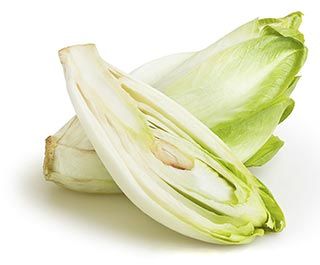
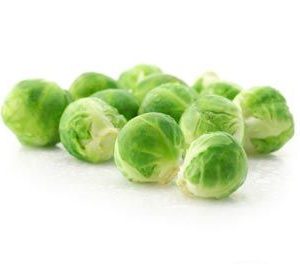
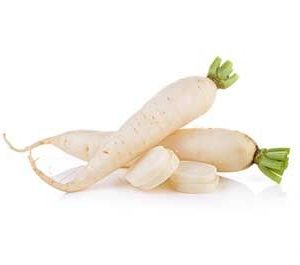
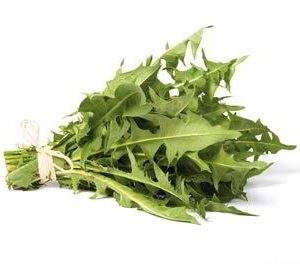
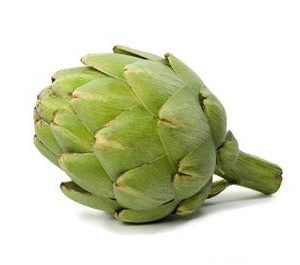
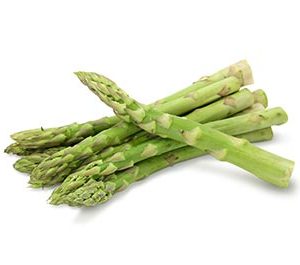
Reviews
There are no reviews yet.